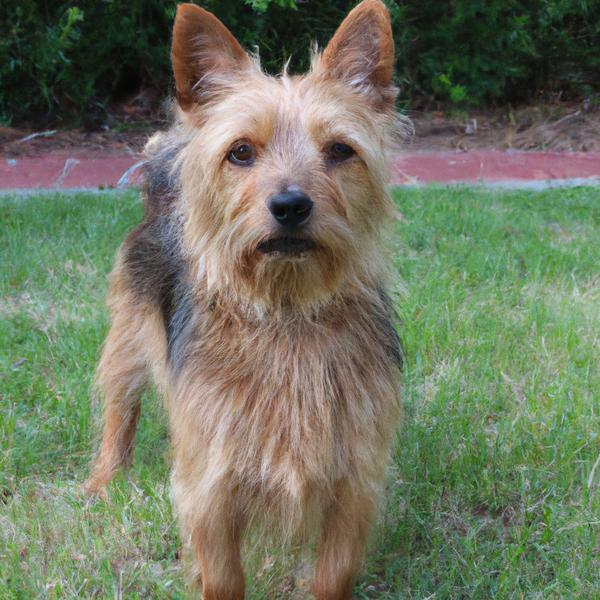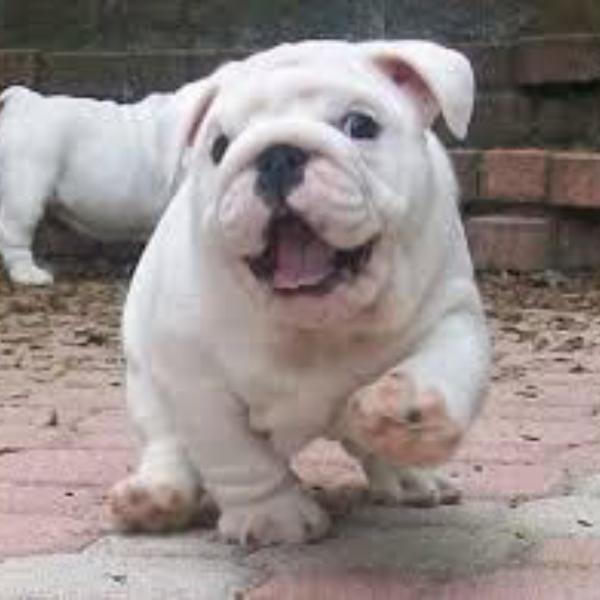Australian Terrier vs. Antebellum Bulldog: Breed Differences and Similarities
Hypoallergenic
Are Australian Terriers or Antebellum Bulldogs hypoallergenic, or neither?
While no dogs are truly 100% hypoallergenic, Australian Terriers are about as close as it gets, making them an ideal pet if you are an allergy sufferer.
Unfortunately, the Antebellum Bulldog is not hypoallergenic, making it not a good choice for a dog lover who suffers from pet allergies.
Origin
What is the origin of Australian Terrier and Antebellum Bulldog dog breeds?
Australia
United States
Ancestry
What are the origins of Australian Terrier and Antebellum Bulldog breeds?
Terriers, Tasmanian Dog
American Bulldog, Dogo Argentino, Canary Island Presa, Alapaha Blue Blood, Catahoula Bulldog, American Staffordshire Terrier
Date of Birth
When were Australian Terrier and Antebellum Bulldog breeds first developed?
1800s
20th Century
Eye Color Possibilites
What are the eye colors of Australian Terrier and Antebellum Bulldog dogs?
Brown
Blue
Brown
Amber
Nose Color Possibilites
What are the natural nose colors of Australian Terrier and Antebellum Bulldog?
Black
Black
Coat Color Possibilites
What are the natural colors of the coat for Australian Terrier and Antebellum Bulldog breeds?
Red
Blue
Cream
White
Coat Length
What is the typical coat length for Australian Terrier and Antebellum Bulldog breeds?
Australian Terriers have medium-length coats.
Antebellum Bulldogs have short coats.
Coat Density
What is the density of the coat of Australian Terrier and Antebellum Bulldog?
Coat Texture
What is the hair texture of Australian Terrier and Antebellum Bulldog?
Wiry
Straight
Litter Size
What is the usual litter size for Australian Terrier and Antebellum Bulldog?
Australian Terrier and Antebellum Bulldog, can have a litter of 12-15 puppies each on average. Nonetheless, it's important to keep in mind that litter size can differ significantly between individual dogs. Various factors such as the mother's health, breeding history, and genetics can have an impact on litter size.
Major Concerns
What are the major health concerns for Australian Terrier and Antebellum Bulldog breeds?
Diabetes
Legg-Calve-Perthes Disease
Canine Hip Dysplasia (Chd)
Minor Concerns
What minor health issues should be kept in mind when owning Australian Terrier and Antebellum Bulldog?
None
Elbow Dysplasia
Cherry Eye
Digestive Problems
Occasional Tests
What occasional tests are recommended for Australian Terrier and Antebellum Bulldog breeds?
Blood Test
X-Rays
Optical Examination
Blood And Urine Analysis
Regular Full Physical Examination By Veterinarian
Full Blood Profile
Eye Examinations (both internal as well as external)
X-rays or other radiographic imaging
Past times
What are some enjoyable activities and ways to keep Australian Terrier and Antebellum Bulldog entertained?
Chasing, Walks, Lounging
Catch treats, Snuggling
Activity Level
Which breed has higher energy, Australian Terriers or Antebellum Bulldogs?
Australian Terrier and Antebellum Bulldog are high-energy dogs that require a lot of mental and physical exercise. Without proper stimulation and attention, these breeds can become problematic. If you're considering these breeds, be prepared to invest time and effort in their exercise and training.
Walks per Week
How many miles should Australian Terrier or Antebellum Bulldog walk each week?
There's really no limit to how far you walk your dog as long as they're comfortable. For Australian Terrier, it's at least 12 miles / week. Just remember to build distance and stamina gradually over time.
There's really no limit to how far you walk your dog as long as they're comfortable. For Antebellum Bulldog, it's at least 14 miles / week. Just remember to build distance and stamina gradually over time.
Activity per Day
Do Australian Terriers or Antebellum Bulldogs require more exercise?
In general most Australian Terriers usually need at least 90 minutes of exercise daily. This can be spread across the day and include all sorts of high-energy activities, like walking, running and playing.
In general most Antebellum Bulldogs usually need at least 60 minutes of exercise daily. This can be spread across the day and include all sorts of high-energy activities, like walking, running and playing.
Brushing Frequency
What is the recommended brushing frequency for Australian Terrier and Antebellum Bulldog dogs?
Australian Terrier should be brushed at least once a week. Of course you can give them more frequent brushes if you find that they are still shedding a lot
In general Antebellum Bulldog should be brushed at least once a month. Of course you can give them more frequent brushes, especially if they enjoyed it
Brushing Tools
What brushing tools are used for Australian Terriers and Antebellum Bulldogs?
Slicker Brush
Comb
Scissors
Nail Clipper
Slicker Brush
Deshedder
Nail Clipper
Cups
How much food should be given to Australian Terrier or Antebellum Bulldog in cups?
For an average 15-20 pound (7 - 9 kg) Australian Terrier feed 1 cups daily. But, keep in mind, the amount you feed is going to be dependent on the quality of the food you are feeding.
For an average 80-150 pound (36 - 68 kg) Antebellum Bulldog feed 3 cups daily. But, keep in mind, the amount you feed is going to be dependent on the quality of the food you are feeding.
Daily Cost
Which breed has a higher daily cost, Australian Terrier or Antebellum Bulldog?
The average cost of an Australian Terrier is somewhere $1.40 - $1.40 per day.
The average cost of an Antebellum Bulldog is somewhere $2.10 - $2.70 per day.
Monthly Cost
Which breed has a higher monthly cost, Australian Terrier or Antebellum Bulldog?
The average per month expenses of an Australian Terrier is between $35 - $42. This makes an average of $420 - $504 per year. It will be on the higher side when the dog is still small because it will need more frequent visits to the vet, shots.
The average per month expenses of an Antebellum Bulldog is between $55 - $73. This makes an average of $660 - $876 per year. It will be on the higher side when the dog is still small because it will need more frequent visits to the vet, shots.
Compare Australian Terrier with other breeds
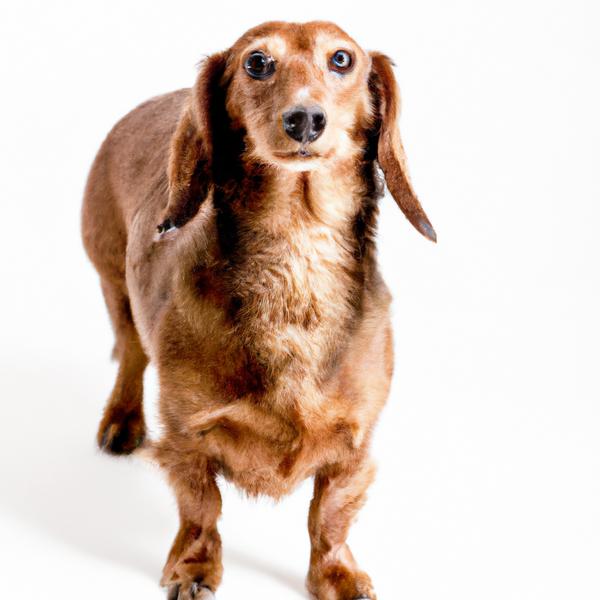
Wire Foxie Doxie
Australian Terrier vs Wire Foxie Doxie
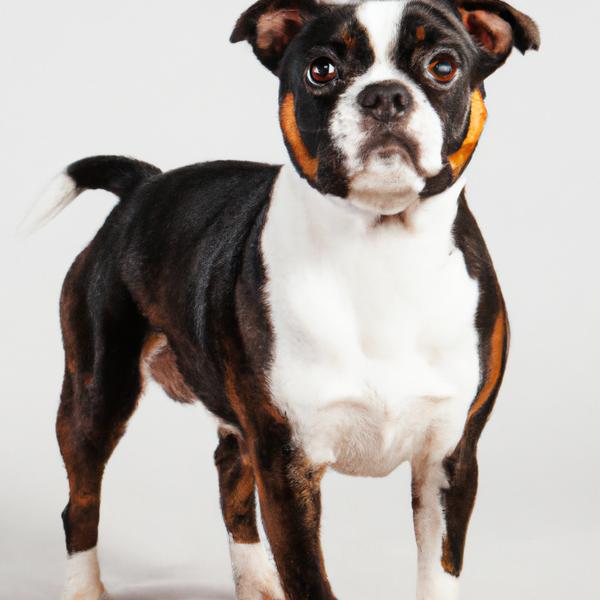
Bullhuahua
Australian Terrier vs Bullhuahua
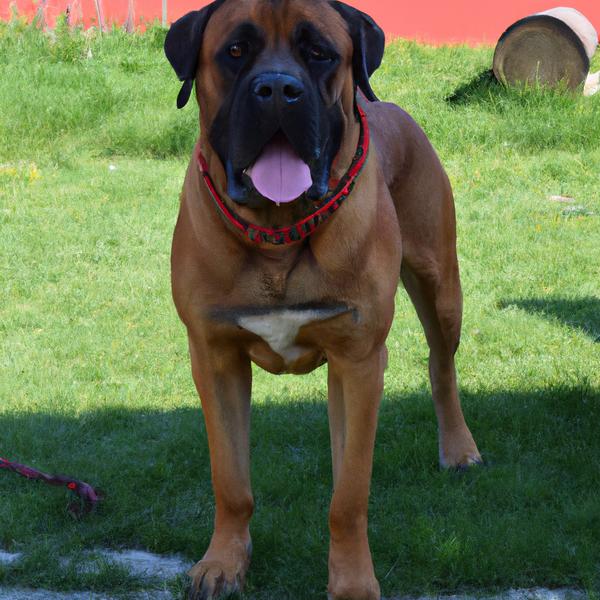
Neo Bullmastiff
Australian Terrier vs Neo Bullmastiff
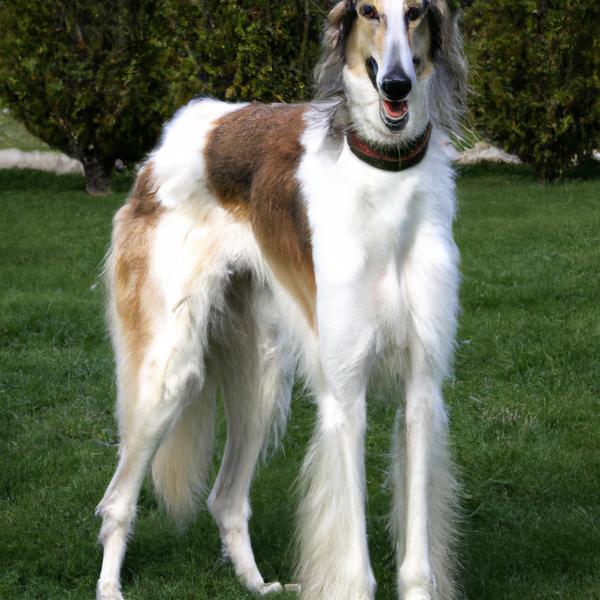
Borzoi
Australian Terrier vs Borzoi
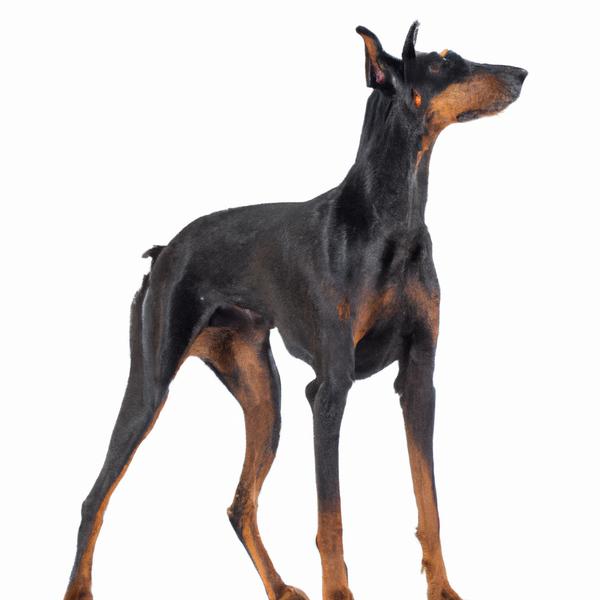
Doberman Greyhound
Australian Terrier vs Doberman Greyhound
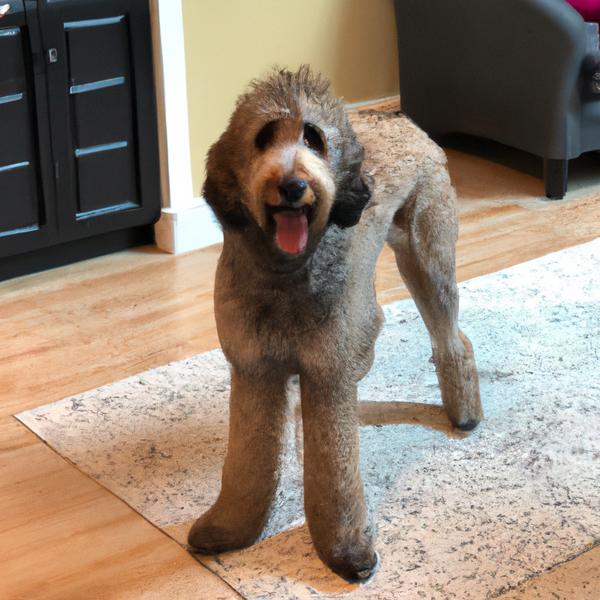
Great Danoodle
Australian Terrier vs Great Danoodle
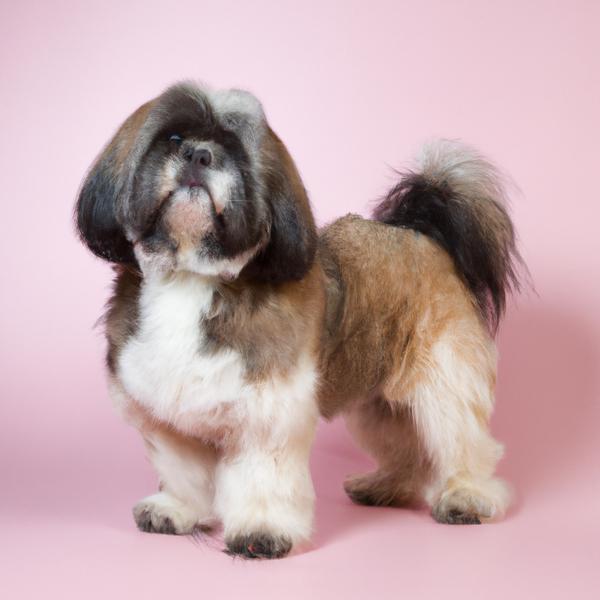
Engatzu Spaniel
Australian Terrier vs Engatzu Spaniel
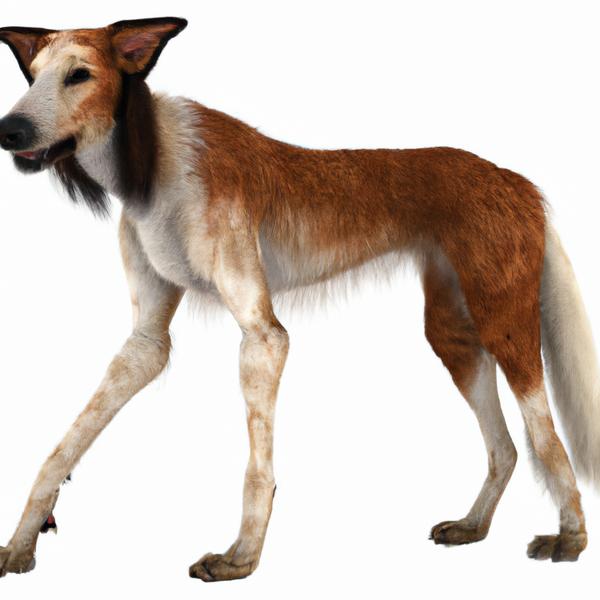
Meagle
Australian Terrier vs Meagle
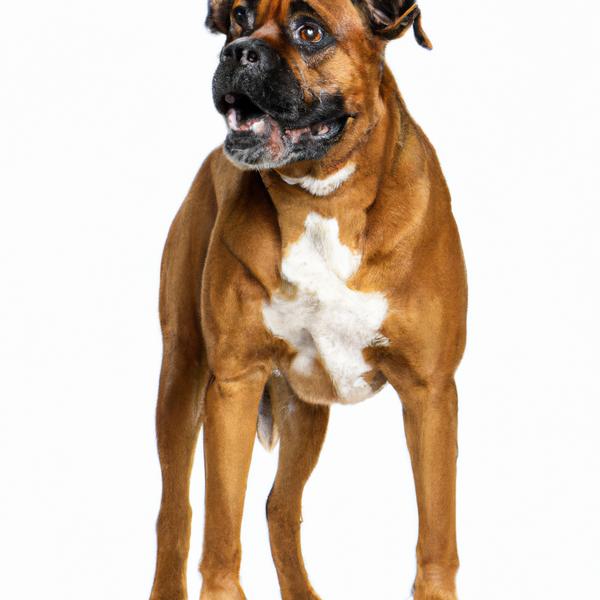
Bull-Boxer
Australian Terrier vs Bull-Boxer
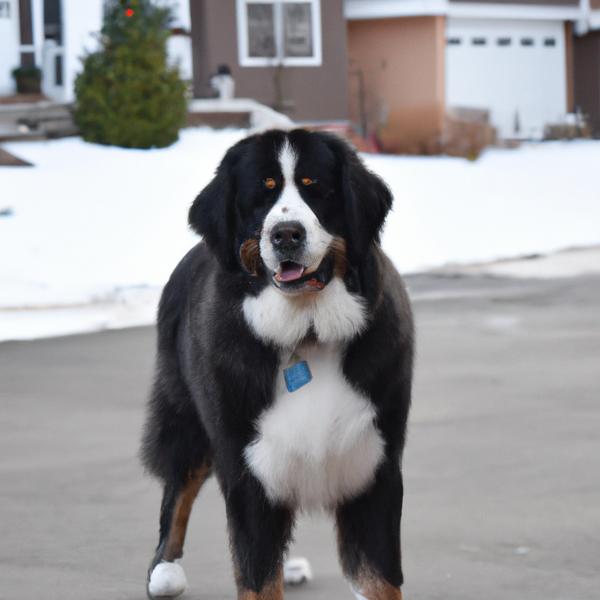
Saint Bernewfie
Australian Terrier vs Saint Bernewfie
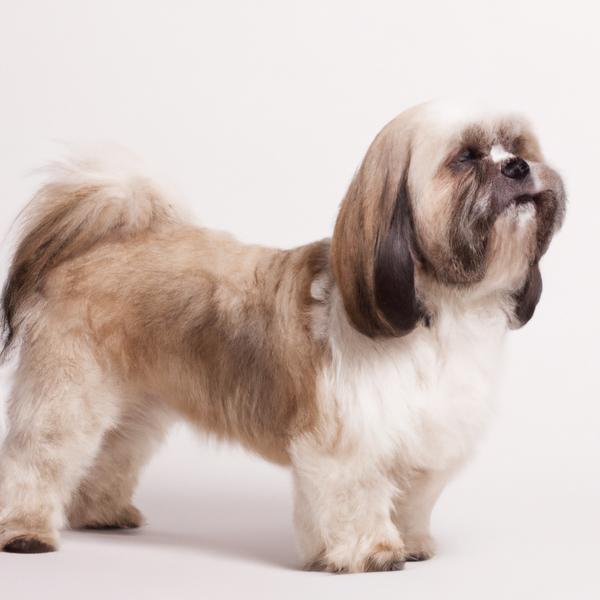
Lhasanese
Australian Terrier vs Lhasanese
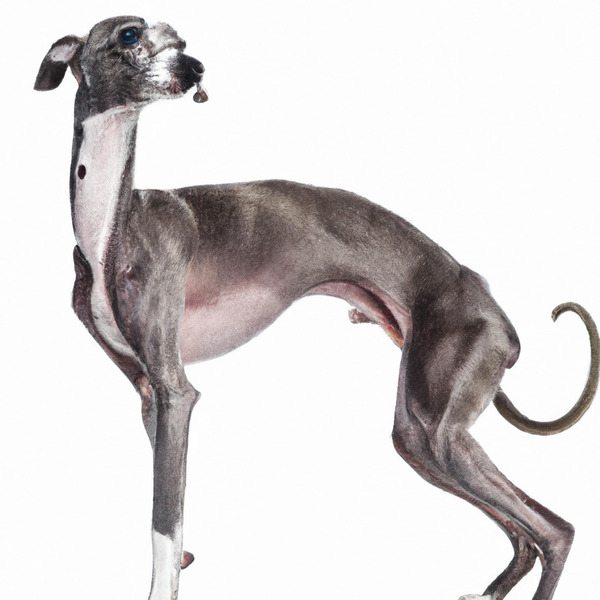
Italian Greyhound
Australian Terrier vs Italian Greyhound
